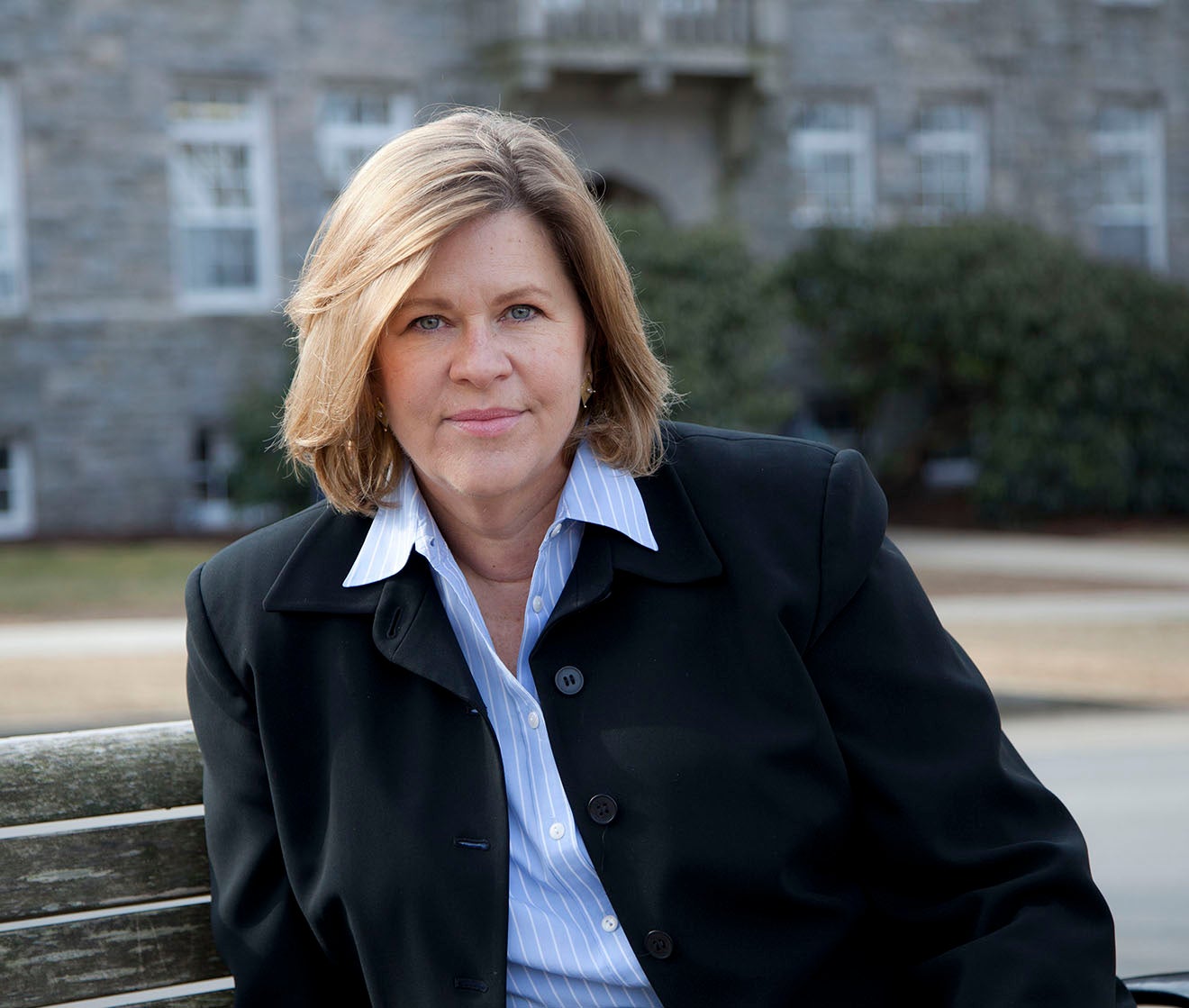KINGSTON, R.I. – Sept. 16, 2022 – A new partnership between a University of Rhode Island professor and a nationwide nonprofit will give schools and communities across the country access to a tool that measures how well-equipped students are to spot false or misleading information.
The Media Education Lab, led by URI Professor Renee Hobbs, is partnering with the national non-profit Media Literacy Now to provide free access to the Media Literacy Implementation (MLI) Index, a validated survey research instrument that measures the prevalence of media literacy education in schools and communities.
“School and community leaders can finally get a clear picture of how many students in their community are getting opportunities for media literacy learning,” said Hobbs, a communication studies professor in URI’s Harrington School of Communication and Media who developed the survey. “Once school and community leaders know what’s happening at the ground level, this data gives them a good picture of what curricular areas represent current strengths and where continuing improvement is needed.”
Schools across the country are beginning to beef up media literacy programs, Hobbs says. This school year, for the first time, high schools in Illinois are required to offer a unit of instruction on media literacy. In other states—including California, Washington, Utah, Ohio, and Florida—media literacy education is a priority, thanks to strong support from educators, parents, and community leaders.
Media literacy education teaches students to apply critical thinking to the media messages they receive, as well as in using media to create their own messages. Media literacy is critical to the health and well-being of America’s children, Hobbs says, as well as to their future participation in the civic and economic life of our democracy. The rise of COVID disinformation and extremism has fueled interest in media literacy education, and instruction in media literacy is often initiated by school librarians, English, health, or social studies educators.
But assessing how many students in local schools and communities are actually getting instruction in media literacy has been an issue, Hobbs says. Until now, there has been no reliable way to measure the likelihood that students have opportunities to learn and develop media literacy competencies. No national study of the implementation of media literacy education in American school districts has yet been undertaken. The MLI Index helps to address that problem. And this new partnership makes it freely available for use with both students and community stakeholders.
“By establishing data that serves as a baseline and a benchmark on which to develop a solid academic program, school leaders can measure their progress over time,” said Erin McNeill, founder and president of Media Literacy Now. “The MLI Index gives school leaders a systematic way to measure the inclusion of media literacy education across the curriculum at the elementary and secondary levels.”
When school districts who use the survey agree to share their data with researchers, they get access to a digital survey that makes it easy for them to collect data from students as well as community stakeholders, including school leaders, librarians, educators, parents, community members, and elected public officials. For an additional fee, researchers will analyze the data to identify areas of strength and areas of growth needed to provide a comprehensive approach that integrates media literacy into the curriculum. School and community leaders can also receive professional support from Media Literacy Now to help inform the local community about the media literacy implementation initiative and use data to assess their progress in curriculum implementation.
In the spring of 2022, Professor Hobbs and her colleagues at the University of Rhode Island released a report on the statewide implementation of media literacy education in Rhode Island with support from URI’s Social Science Institute for Research, Education, and Policy. Their research will be published in a scholarly journal in 2023.
Among the first school leaders to embrace the use of the MLI Index is Lucas Jacobs, director of Writing, Communication, and Media Literacy at the La Jolla Country Day School in California. In Maynard, Massachusetts, a high school senior worked with Professor Hobbs to adapt the MLI Index for students in Grades 4 – 12 and her efforts are helping school leaders identify the opportunities and gaps in their implementation of media literacy.
“Media literacy is a big focus in many of the Harrington School for Communication and Media programs,” said Ammina Kothari, director of the Harrington School. “We are excited about the innovative work being done by Dr. Hobbs in schools and communities.”
Learn more about the program here: https://mediaeducationlab.com/research-0
Contact Information
Media Literacy Now, based in Watertown, Mass., is a nonprofit organization advocating for a public education system that ensures all students learn the 21st-century literacy skills they need for health, well-being, economic participation, and citizenship.
Contact Erin McNeill, email: emcneill@medialiteracynow.org
Media Education Lab, founded and directed by Professor Renee Hobbs, provides public programs, educational services, community outreach, and multimedia curriculum resources targeted to the needs of educators and learners in school and after-school settings. Their multidisciplinary research agenda explores the educational impact of media and technology, with a focus on digital and media literacy education as an expanded conceptualization of literacy.
Contact Professor Renee Hobbs, email hobbs@uri.edu

